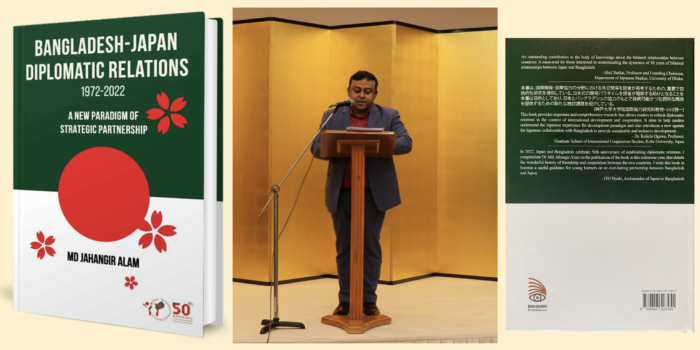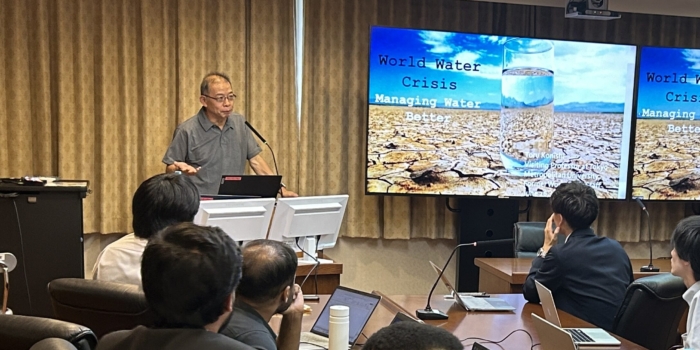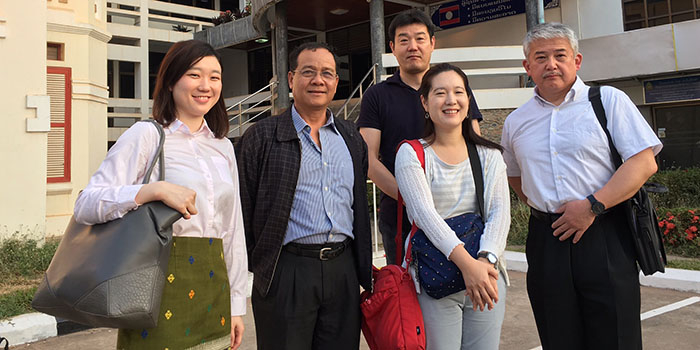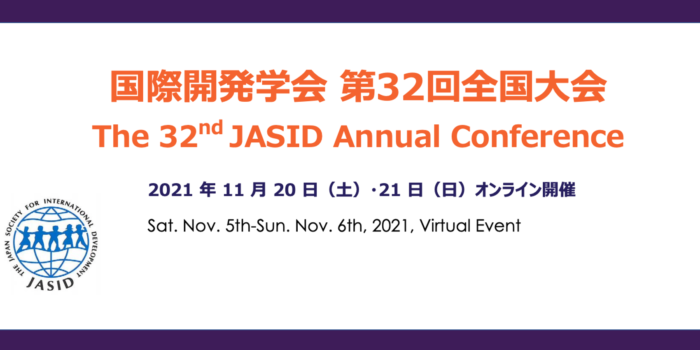
The book gathers ten research-based chapters with the goal of applying them as shared knowledge for the long-term sustainability of Bangladesh-Japan relations. The chapters examine the evolution of Bangladesh-Japan relations in light of the global trend of bilateral relations. The book’s chapters attempt to conduct a comparative study among South Asian countries, with relevant policy recommendations for further improving bilateral relations. Despite its asymmetry, many academics and a cross-section of Bangladeshis believe that the Japanese economic development model should be replicated in Bangladesh. To investigate those possibilities, a couple of chapters in this book revisited Bangladesh-Japan’s diplomatic relations. This book’s intended audience includes academics, researchers, international organizations, policymakers, and government officials. In particular, it can serve as a focal point for students and social science researchers seeking to understand the past, present, and future trends in Japan-Bangladesh relations. It would also lay the groundwork for studies of the region, particularly in Japan and East Asia. It is hoped that undergraduate, graduate, and post-graduate students will regard it as a treasure.
Paper link
Authored by Yousuf Daas (Master’s student)
Related
Related Articles
On June 27th (Thursday), we invited Professor Toru Konishi, a visiting professor at Tokyo Metropolitan University and former Senior Water Resource Economist at the World Bank, to deliver a lecture...
Dear all the candidates to Ogawa seminar, Hi, my name is Kana Takahashi, and I graduated from a Master’s course at GSICS in March 2016, and am now working as...
The 32nd Japan Society for International Development (JASID) Annual Conference was held virtually on Saturday. November. 20th and Sunday. November. 21st, 2021. There were 30 sessions in total including 7 sessions...






